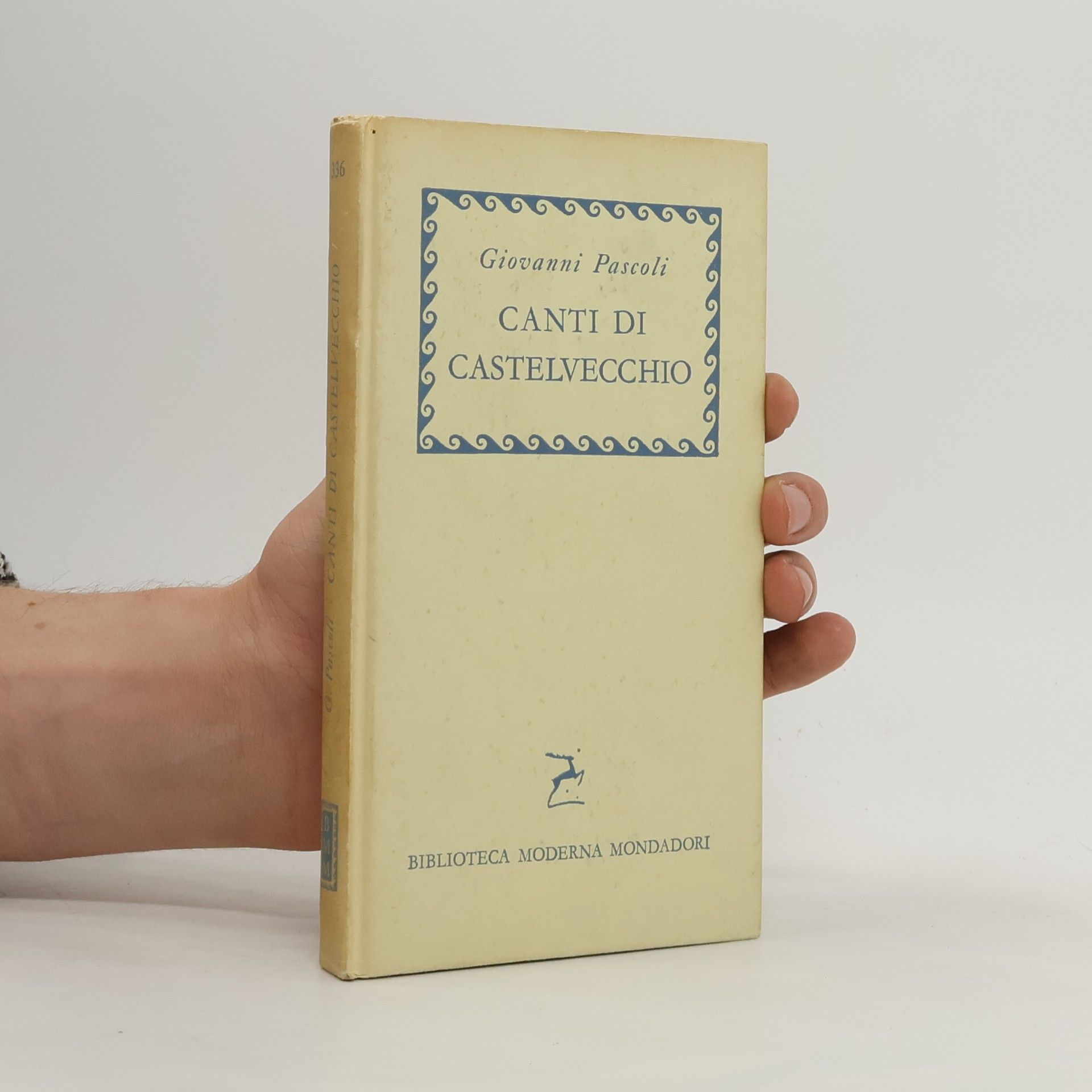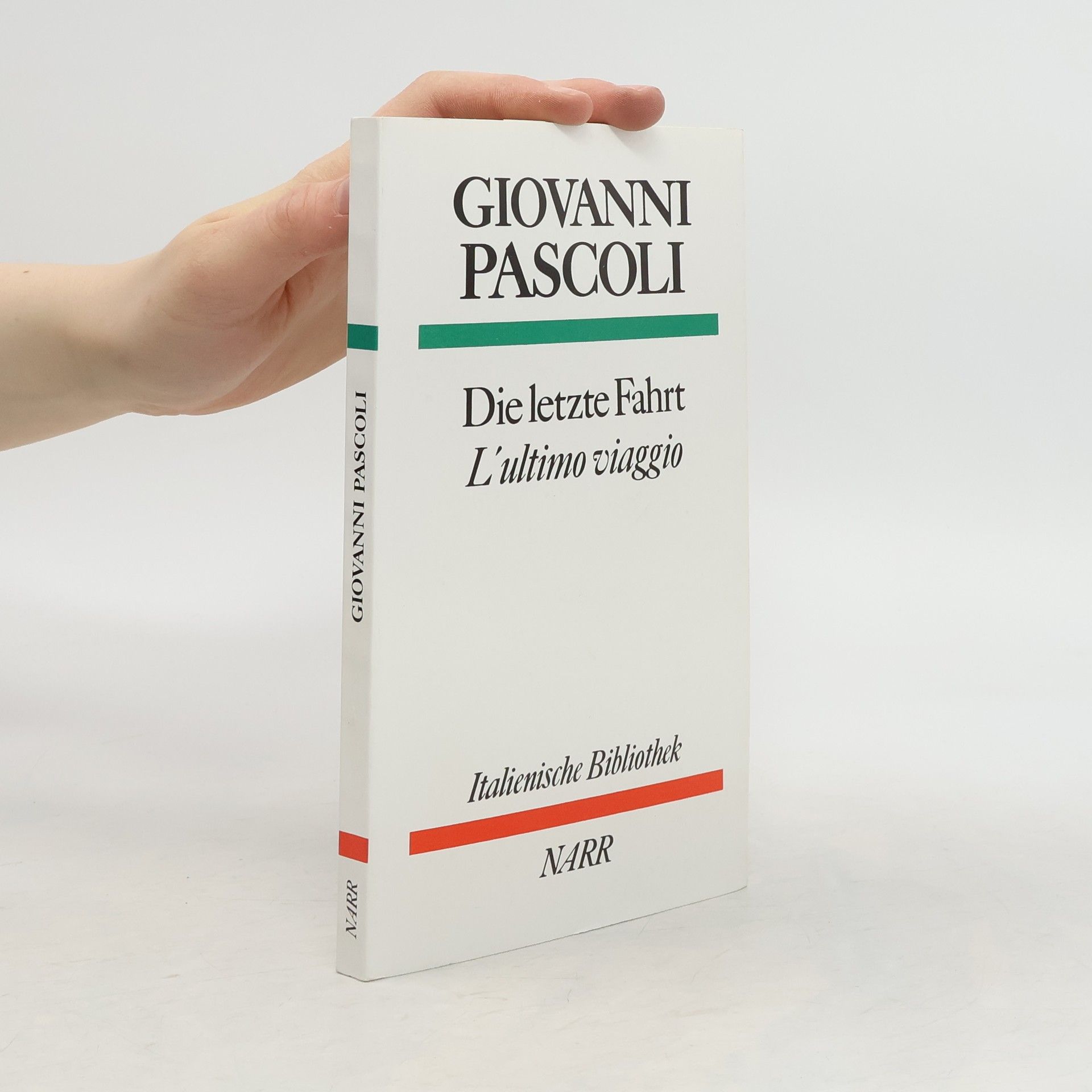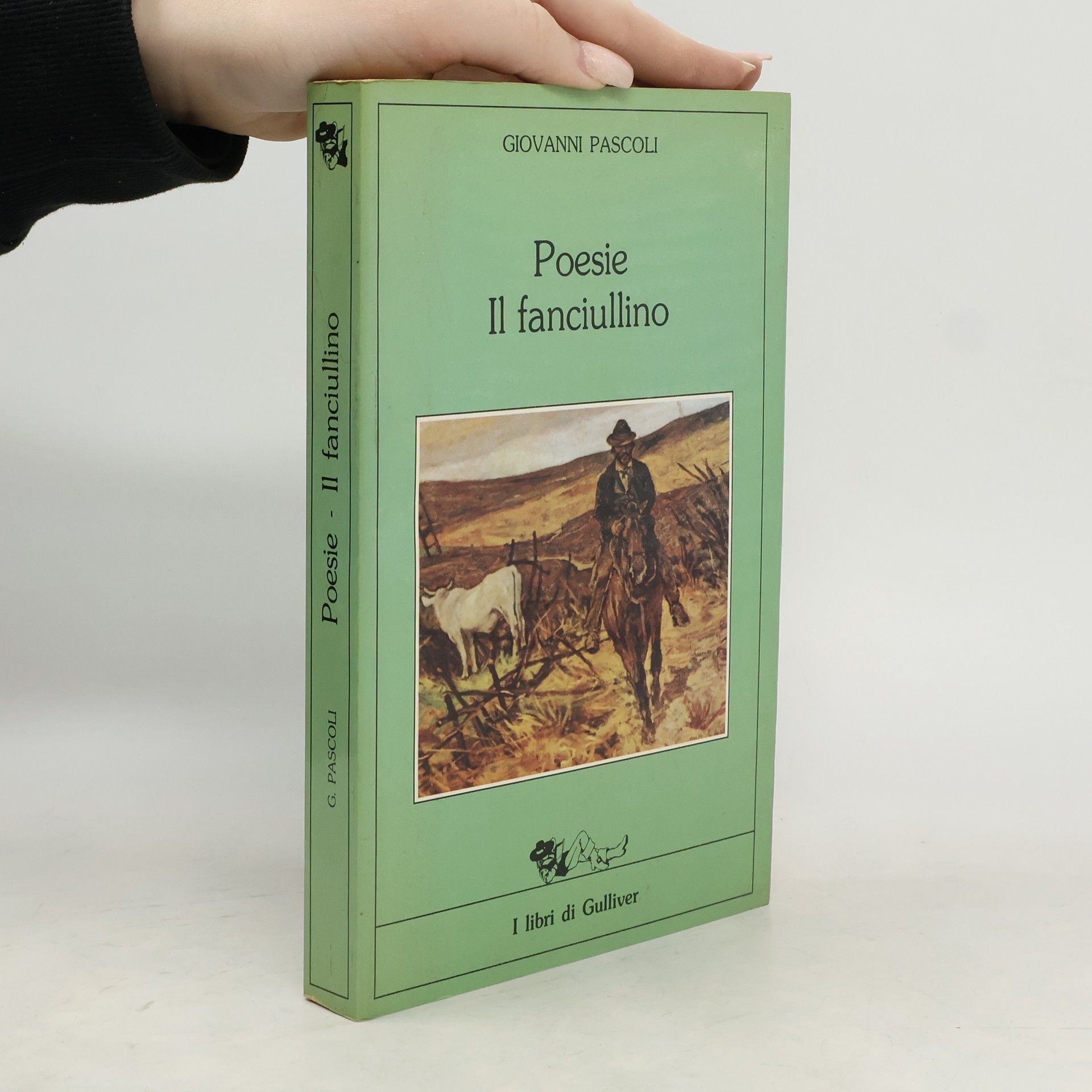Giovanni Pascoli Bücher
Giovanni Pascoli, eine Schlüsselfigur der italienischen Literatur des späten 19. Jahrhunderts, erforschte die intimen und inneren Dimensionen poetischer Empfindungen. Seine Philosophie, die in „Il Fanciullino“ dargelegt wurde, setzte sich für die Wertschätzung des Besonderen und Alltäglichen ein und plädierte für eine Rückkehr zu einer kindlichen und primordialen Perspektive. Pascoli glaubte, nur der Dichter könne diese innere „kleine Kind“-Stimme ausdrücken, und beanspruchte damit eine einzigartige, fast anachronistische Rolle als moralischer und tröstender Führer. Sein Werk bewegt sich in einem komplexen Zusammenspiel zwischen klassischer Tradition und aufkommenden dekadenten Themen, tief geprägt von persönlichen psychologischen Strömungen.






Nester
Gedichte
Giovanni Pascoli markiert den Beginn des 20. Jahrhunderts in Italien mit seiner lyrischen Verbindung von Mensch und Natur. Seine Gedichtbände »Myricae« und »Canti di Castelvecchio« reflektieren den Gegensatz zwischen urbaner Realität und ländlicher Intimität. Pascoli nutzt Klangfarben und ein ökologisches Bewusstsein, um die Natur lebendig zu gestalten.
An impassioned exploration of Dante Alighieri's Divine Comedy, this work delves into the complexities of Dante's thought and its profound implications. Pascoli combines poetic expression with critical analysis, reflecting on the challenge of fully grasping Dante's intentions. He aims to illuminate the obscurities within Dante's writing, emphasizing the elusive nature of understanding. Through this scholarly investigation, readers are invited to engage with the depths of Dante's genius and the transformative power of his literary legacy.
Convivial Poems
- 334 Seiten
- 12 Lesestunden
Renowned for his contribution to modern Italian poetry, Giovanni Pascoli's work reflects the cultural spirit of late 19th-century Italy, influenced by French Symbolism and Decadentism. His poetry showcases a distinctive voice, utilizing traditional meter, onomatopoeic language, and a rich multilingual vocabulary. Pascoli's evocative portrayals of nature are marked by haunting imagery and a profound sensitivity, bridging classical traditions with contemporary themes.

